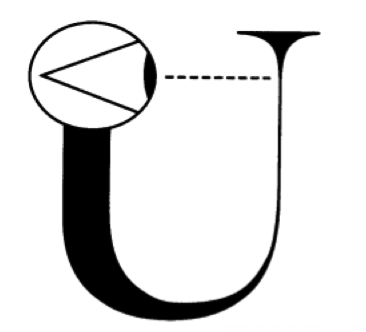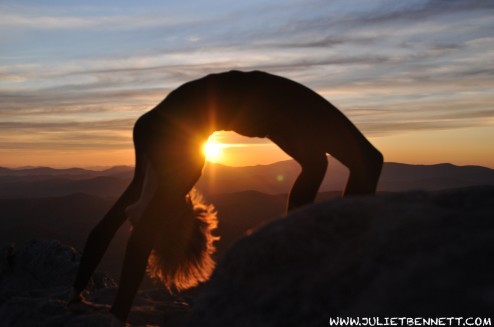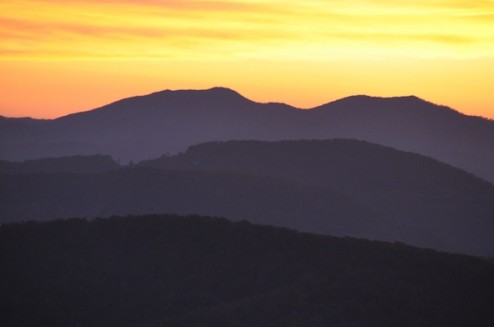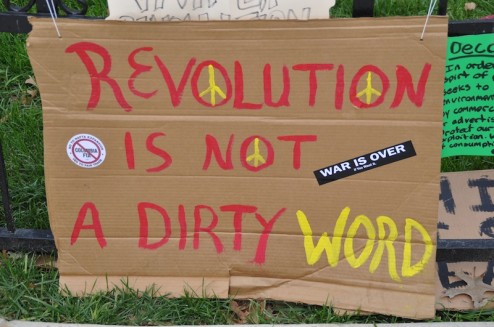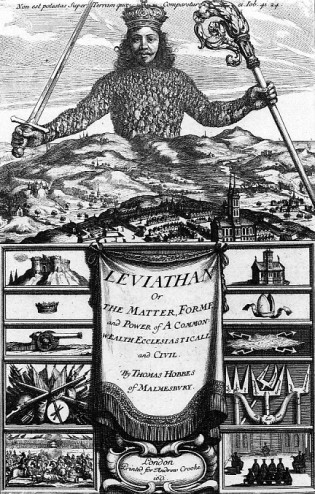‘All human beings by nature desire knowledge.’ Opening sentence of his book Metaphysics. For Aristotle, it is the desire for knowledge at root of what it is to be human. Aristotle wrote on Ethics, Politics, Poetics, Physics and Metaphysics. This gives you a funny introduction, but by no means gives a good overview of his work.
[youtube]http://www.youtube.com/watch?v=Tm0Uq08xXhY[/youtube]
In the study of narrative, which is one of the key topics of my research, it is Aristotle who, the deconstruction and analysis of the components of narrative is often credited. These are my notes from Poetics[1]. It’s only a short book, so it may be better to read it for yourself… but to give you a taster, here are some of the terms and ideas about which Aristotle writes…
Tekne = craft, skill or art. Aristotle defines tekne as a ‘productive capacity informed by an understanding of its intrinsic rationale.’ ‘For Aristotle, the evolution of human culture is in large part the evolution of tekhne.’ Tekne includes:
- necessities
- recreational arts – improve quality of human life
- philosophy – sense of wonder
Poets must project themselves into the emotions of others. It requires nature talent or even a touch of insanity. Metaphor – require the ability to perceive similarities – something natural gift that can’t be taught. Aristotle analyses tragedy, and in particular the Homeric poems.
Some key terms and ideas:
- Plot – ordered sequence of events; the ‘imitation of the action’; Stories have a beginning, middle and end; an ordered structure with ‘connected series of events: one thing follows on another as a necessary consequence’; a self-contained series of events ie closure ‘at both ends, and connected in between.’
- Actions – performed by agents
- Agents – with necessary ‘moral and intellectual characteristics’, ‘expressed in what they do and say’
- From this we deduce character and reasoningare constituent parts
- Character is ‘that in respect of which we say that the agent is of a certain kind’
- Reasoning is ‘the speech which the agents use to argue a case or put forward an opinion’
- Reasoning comes from two factors: whether I am honest, and how I interpret the situation.
- Rhythm – diction and lyric poetry ‘Rhythmical language is tragedy’s medium; it is a means to tragedy’s end, that end being the imitation of an action.’
- Spectacle – everything visible on stage
- ‘Language is there to help realize the plot’s potential, and in that sense is subordinate and secondary.’
- Praxis – ‘suffering (pathos) is “an action [praxis] that involves destruction or pain” (52b11f)
Furthermore:
- ‘imitation of action- action is an imitation of agents – reasoning – ability to ‘say what is implicit in a situation and appropriate to it
- character – ‘is the kind of thing which discloses the nature of a choice’: goodness; appropriateness; likeness; consistency. ‘since tragedy is an imitation of people better than we are, one should imitate good portrait-painters. In rendering the individual form, they paint people as they are, but make them better-looking.’ Eg ‘Homer portrayed Achilles as both a good man and a paradigm of obstinacy.’
- ‘reasoning refers to the means by which people argue that something is or is not the case, or put forward some universal proposition’
- ‘diction’ = ‘verbal expression’ song and spectacle
- ‘Well-being and ill-being reside in action, and the goal of life is an activity, not a quality.’
- Hamartia ‘includes errors made in ignorance or through misjudgement; but it will also include moral errors of a kind which do not imply wickedness’
Success/failure of stories:
- Astonishment – ability to evoke fear or pity
- ‘purification’ or katharsis
- correct magnitude. Eg ‘it is not enough to juxtapose prosperity and misery; the change from one to another must be the result of a sequence of necessarily connected events.’
- Completeness: ‘a whole is that which has a beginning, a middle and an end. A beginning is that which itself does not follow necessarily form anything else, but some second thing naturally exists or occurs after it. Conversely, an end is that which does itself naturally follow from something else, ether necessarily or in general, but there is nothing else after it. A middle is that which itself comes after something else, and some other thing comes after it.’
- Magnitude ‘they should have a certain length, and this should be such as can readily be held in memory’
- Unity
- Determinate structure – ‘the plot, as the imitation of an action, should imitate a single, unified action – and also one that is a whole.’ ‘if the presence or absence of something has no discernible effect, it is not a part of the whole.
- Universality – ‘poetry tends to express universals, and history particulars’
- visualising the action
- complication and resolution
There are simple plots and complex plots – the later which has a reversal or recognition
- Recognition (anagnorisis) is ‘a change from ignorance to knowledge’ (52a29-31)
- Reversal (peripeteia) is an ‘overturn of expectation’ – ‘change to the opposite in the actions being performed’ (52a22f) – not just a change in fortune, but involves an astonishing inversion of the expected outcome of some action – but not at the cost of a necessary or probably connection’
- the best kinds of recognition arise out of a reversal
- Both ‘reveal that the situation in which character has been acting was misinterpreted’ pxxx
The best kinds of tragic plot have two variables in the change:
- the direction of the change;
- the moral status of the person (who is ideally someone in between being exceptionally virtuous and exceptionally wicked.)
Anthropology and history of poetry
- Origins: ‘imitation comes naturally to human beings from childhood… this is the reason why people take delight in seeing images; what happens is that as they view them they come to understand and work out what each thing is (e.g. ‘This is so-an-so’).48b4
- Homer – composed well and made his imitations dramatic = Iliad and Odyssey
- Comedy – ‘the laughable is an error or disgrace that does not involve pain or destruction.’
- Epic – ‘differ in length, since tragedy tries so far as possible to keep within a single day… whereas epic is unrestricted in time.’
Best kinds:
- First introduction
- First deduction ‘pity has to do with the undeserving sufferer, fear with the person like us’
- Second introduction ‘sufferings arise within close relationships, e.g. brother kills brother… or is on the verge of killing…’ ‘people acting in full knowledge and awareness’ / or ‘terrible deed in ignorance and only then to recognize the close connection’ as in Sophocles’ Oedipus
- Performing action ‘performing the action is second; but it is better if the action is performed in ignorance and followed by a recognition’ p23
- Second deduction
Why the disappearance of epics and tragedy?
In the Introduction to Aristotle’s Poetics, Malcolm Heath says that ‘once the optimum form of anything has been achieved, further development of it is by definition is impossible thereafter, there can only be (at best) a proliferation of different instances of that optimum form… [recognising that] social and institutional factors, as well as individual incompetence, may inhibit the continued realization of the optimum form’ (51b35-52a1, 53a33-5) pxvi.
In other words once something is perfected (be it a movie/story genre, an art form, a business, a relationship, maybe even an state or empire) there is no where to go, and hence the “optimum form” changes and new genres/empires rise.
[1] Aristotle and Malcolm Heath, Poetics (London ; New York, N.Y.: Penguin Books, 1996).
